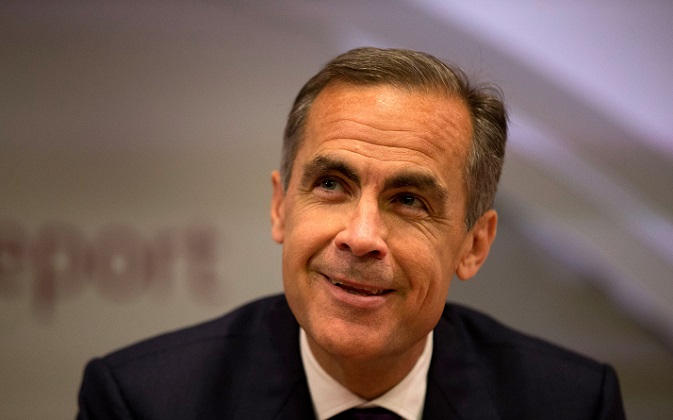Who uses the Fed’s lender of last resort?
This research from the Federal Reserve Bank of New York delves into borrowing from the Fed’s lender of last resort facilities. The two facilities – the Term Securities Lending Facility (TSLF) and the Primary Dealer Credit Facility (PDCF) – obviously saw increased use during the financial crisis. The ultimate conclusion of the research indicates the facilities were used by the firms for which they were intended.
“Our results show that market signals of financial health (such as equity prices) predicted how much dealers borrowed from the Fed’s liquidity facilities during the crisis and that financially weaker firms, rather than opportunistic ones, were the heaviest users.”
It is good to see relatively healthy firms weren’t tapping the facilities, but I take issue with the notion that “opportunistic” firms stayed away.
The TSLF operated two schedules of auctions, in which the second (Schedule 2) welcomed a broader, less liquid range of collateral than the first (Schedule 1). Use of Schedule 1 – the one for more liquid collateral – remained surprisingly steady throughout the crisis. However, the use of Schedule 2 spiked dramatically when the crisis hit. In particular, Citigroup reduced its use of Schedule 1 to virtually zero, while its use of Schedule 2 skyrocketed.
I would submit that firms that were dumping all their garbage collateral via the Schedule 2 auctions were acting in a way that is the very definition of “opportunistic.”
When regulators have to reform themselves
Bank of England Governor Mark Carney has tough work ahead of him as he continues his efforts to reform the internal structure of the BoE. But credit should be given where it is due because at least the UK realized that the structure – and personnel – at the BoE needed fixing. Other countries haven’t quite figured that out yet.
SNAP goes snap
When will investors learn? Shares in Snap fell 18% after the company released its first earnings report as a public company. If Twitter can’t make money, what make people think Snap will?
WYWW Appetizers
- How do you say “Rut roh” in Chinese?
- An Inconvenient Map.
- Rough road ahead for car loans.
- The Champions League Finale is set: Juventus vs Real Madrid
